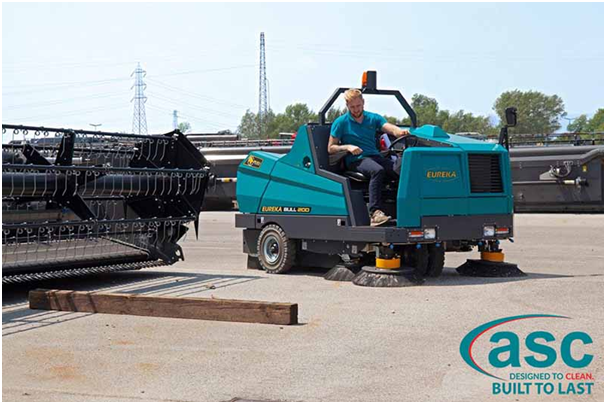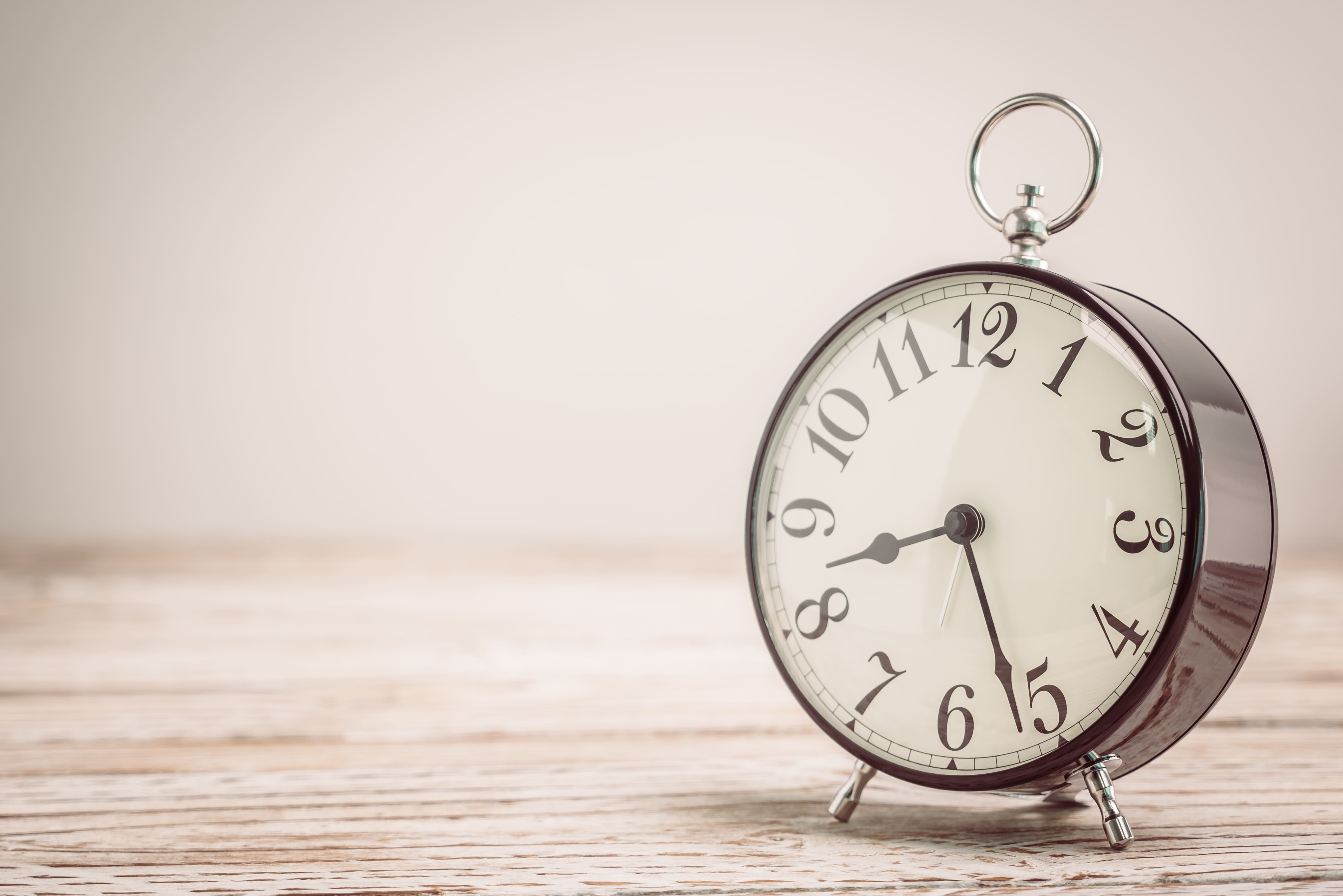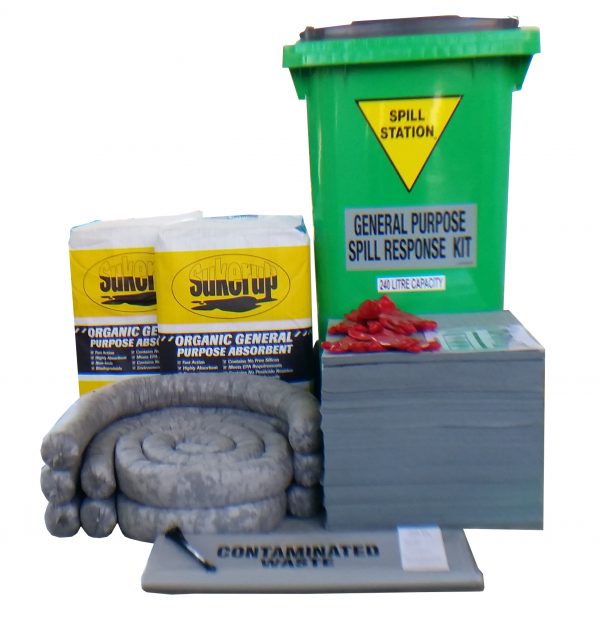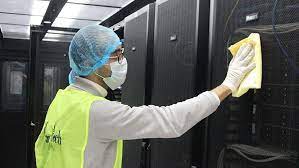As a maintenance manager, if you work under the philosophy “if it ain’t broke, don’t fix it,” you are just waiting for an unexpected curveball to hit you at any time. Relying on deferred maintenance for your industrial cleaning equipment adds to your operational costs and increases downtime with lost productivity.
Routine preventive maintenance of industrial cleaning equipment is the only way to keep the facility clean and tidy daily and run it as smoothly and efficiently as possible.
Before we discuss the importance of preventive maintenance for your industrial cleaning equipment, let's first understand what preventive maintenance is and how it works.
What is Preventive Maintenance?
Preventive maintenance is when maintenance is carried out on equipment on a regular schedule to prevent breakdowns and extend the life cycle. This differs from corrective maintenance, which is only performed to fix broken-down equipment.
Preventive maintenance is carried out to identify and correct any upcoming problems before they result in equipment failure, leading to downtime and expensive repairs.
Preventive maintenance mostly includes the following tasks:
- Lubrication: Lubrication involves putting oil or grease on moving parts to prevent them from rubbing too much or getting rusty.
- Cleaning: Cleaning means getting rid of dirt and mess from the machines so they don't get damaged or rusty.
- Inspection: Inspection is looking over the machine to find any breaks, leaks, or anything else wrong with it.
- Tightening: Tightening means making sure any loose screws or parts are tight so the machine doesn't shake apart.
- Replacing: Replacing parts means putting in new pieces instead of old or broken ones to keep the machine working right.
- Calibration: Calibration checks to ensure the machine is set up correctly, just as the manufacturer says it should be.
Now that you have a better understanding of preventative maintenance and how it differs from corrective maintenance, let’s look into its benefits and how important it is for your business.
4 Benefits of Preventive Maintenance for Your Industrial Cleaning Equipment:
1.Increases Equipment Lifetime: Preventative maintenance keeps your industrial cleaning equipment in top condition and extends its lifespan. Well-maintained equipment runs longer and lowers maintenance costs significantly.
Mean Time Between Failures, or MTBF, is a key indicator that facility managers use to make maintenance decisions. Tracking the MTBF allows you to plan preventive maintenance at the right time to prevent an equipment breakdown.
2. Better Equipment Efficiency: Apart from extending the lifetime of the equipment, routine preventive maintenance also helps it run more efficiently. Overall Equipment Effectiveness, or OEE, is a KPI used to measure industrial equipment efficiency.
The OEE examines the equipment based on three factors, namely quality, availability, and performance.
Industrial cleaning equipment like ride-on sweepers and scrubbers can improve all three fronts if they undergo proper preventive maintenance.
3. Quality and Performance: If the air filters and brushes are maintained, the equipment will work at a faster pace and clean better than before.
4. Availability: Downtime for corrective maintenance is much longer than downtime for preventative maintenance. Thus, choosing the latter means the equipment will be up for use for longer.
Less Risk of Equipment Breakdown
Waiting for the equipment to break down can cause your business to lose work time and look bad.
Most of the time, only about 10% of industrial cleaning equipment breaks down because they're used often. This means 90% of the time, machines stop working because of problems you could have stopped.
If you have a good plan to take care of your machines before they break, you can reduce the chance of them failing. This way, you can feel more relaxed knowing your facility is cleaned properly and on time.
Minimum Unplanned Downtime
Whether you choose preventive maintenance or corrective, incurring downtime cannot be avoided while doing maintenance. However, you can reduce this downtime significantly by planning for preventive maintenance in advance.
With corrective maintenance, unplanned downtime extends significantly, as you have to wait for specialised mechanics to repair the cleaning equipment. Furthermore, if parts need to be replaced, you might have to wait longer for the shipment to arrive with the new parts.
With preventive maintenance, you can proceed at a time that is convenient for you and your business and minimise downtime and disruptions.
You can schedule preventive maintenance at the end of the workday or when people are out on their lunch breaks. This decreases downtime significantly, resulting in less loss of productivity.
Final Words:
Preventive maintenance for industrial cleaning equipment ensures the machinery's longevity, efficiency, and reliability. This approach allows businesses to avoid the pitfalls of unexpected downtime, extend the life of their equipment, and maintain optimal performance levels.
Ultimately, investing in preventive maintenance is investing in the future of your operations, helping to secure a reputation for quality and reliability in an increasingly competitive market.

 John
John







